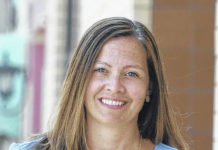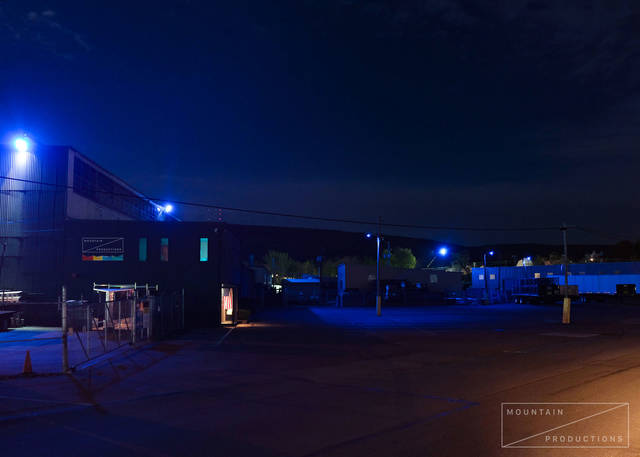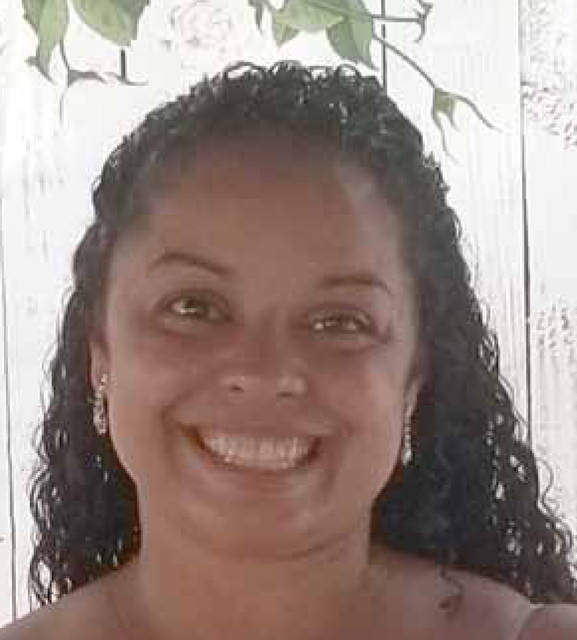Two Luzerne County Council members added the banning of teacher strikes to the discussion topics at an upcoming session with state legislators.
Kathy Dobash told her council colleagues last week she believes state legislators should prohibit teacher strikes at public schools because work stoppages stress working families.
“I think there are valid reasons to look at this further and not disrupt the school year. The only point is to provide chaos so that the negotiations can be brought out to the public and demands met,” Dobash said during the Dec. 27 council work session.
Dobash said she went on strike as an educator in 1992 when she worked in another county and found it “hard” to rebuild relationships with parents, students and the community. She said she spoke up a few days into that strike supporting teacher payments toward health care and believes there “needs to be a better way” to obtain contracts.
While the county council has no involvement in public schools, the topic is “relevant” in county government because the county sponsors the Luzerne County Community College, and its unionized teachers have the right to strike, said Councilman Stephen A. Urban, who also wants to ban work stoppages.
“If you have to go to binding arbitration, so be it, but there should be no disruption of the school year or educational process,” Urban said, maintaining lessons in subjects such as math and science may be more difficult to grasp with interruptions.
With binding arbitration, both sides must accept the contractual recommendations of a panel. It’s an option afforded to unions that are barred from striking.
The issue has been in the limelight locally because Dallas School District teachers returned to class Dec. 19 after a 22-day strike. The Dallas Education Association notified the district administration it is planning another work stoppage on Feb. 27 unless a contract agreement is reached.
Under state Act 88, which governs strikes, teachers can strike twice in one school year. The first strike must end in time for the district to complete the state-required 180 days of school by June 15. A second strike must end in time to complete the 180 days by June 30.
According to the nonprofit Pennsylvanians for Union Reform, 37 states don’t allow teachers to strike. The organization had supported a proposed House bill in 2013 that would have prohibited strikes, but state records indicate the bill never made it out of committee to a vote.
County Councilman Harry Haas, who heads the council’s legislative committee, said the proposal by Dobash will be on the legislative roundtable agenda along with requests for restored or additional state funding and other suggestions for state law changes. His committee is still coordinating a date for the session.
When the subject of strikes was raised last week, Councilman Rick Williams said he wants to discuss a related matter with legislators involving binding arbitration.
Williams wants legislators to require binding arbitration hearings be held in public to allow citizens and the media to hear arguments presented by both sides. The panel could preserve its right to deliberate privately following hearings, he said.
Six of the county’s 10 unions have the right to binding arbitration.
The composition of the arbitration panel also warrants change, he said. Under the current law, the county administration and union each pick an arbitrator, and those two arbitrators select a third neutral arbitrator. Williams believes three neutral arbitrators should serve on the panel.
“It seems it would be a much cleaner process,” Williams said.




